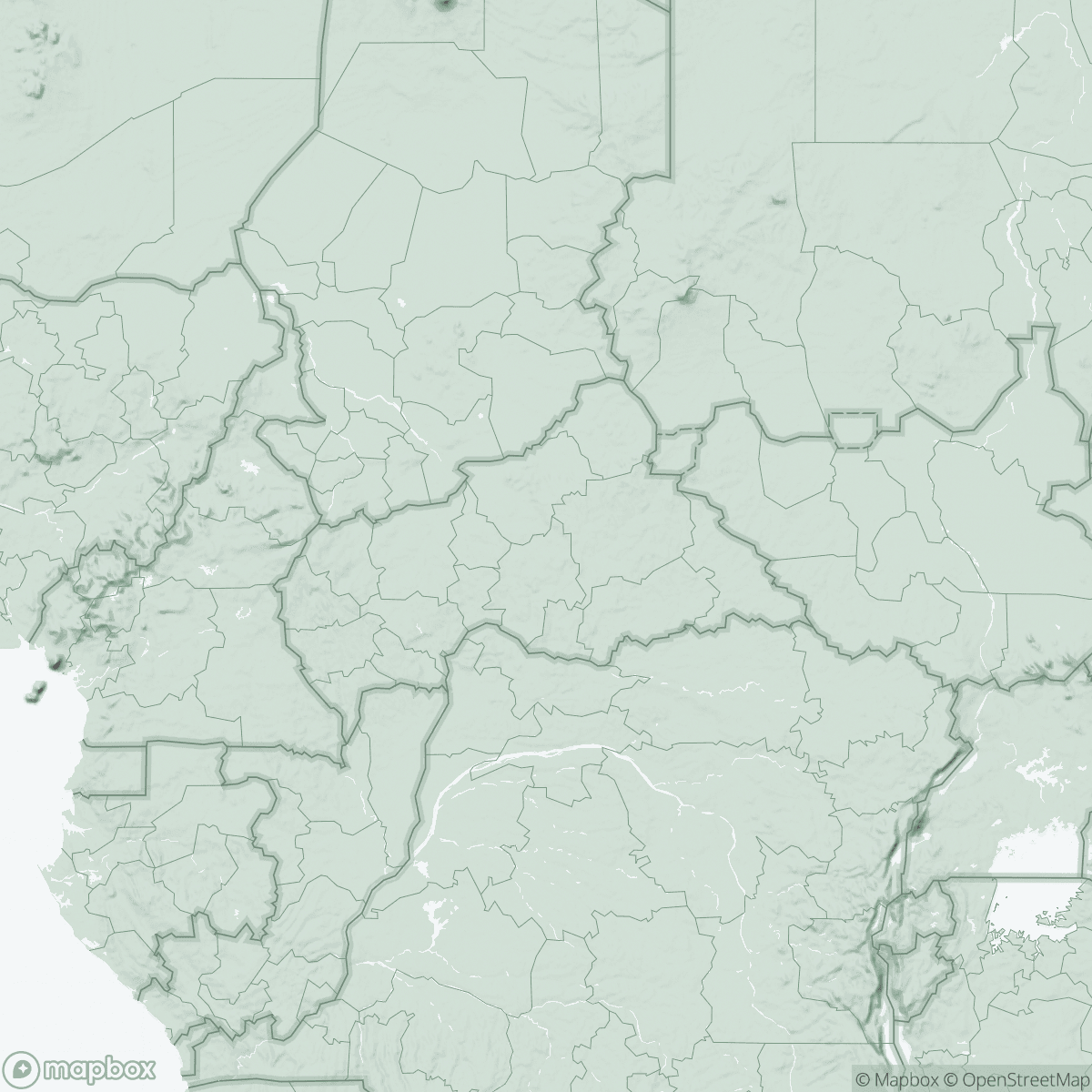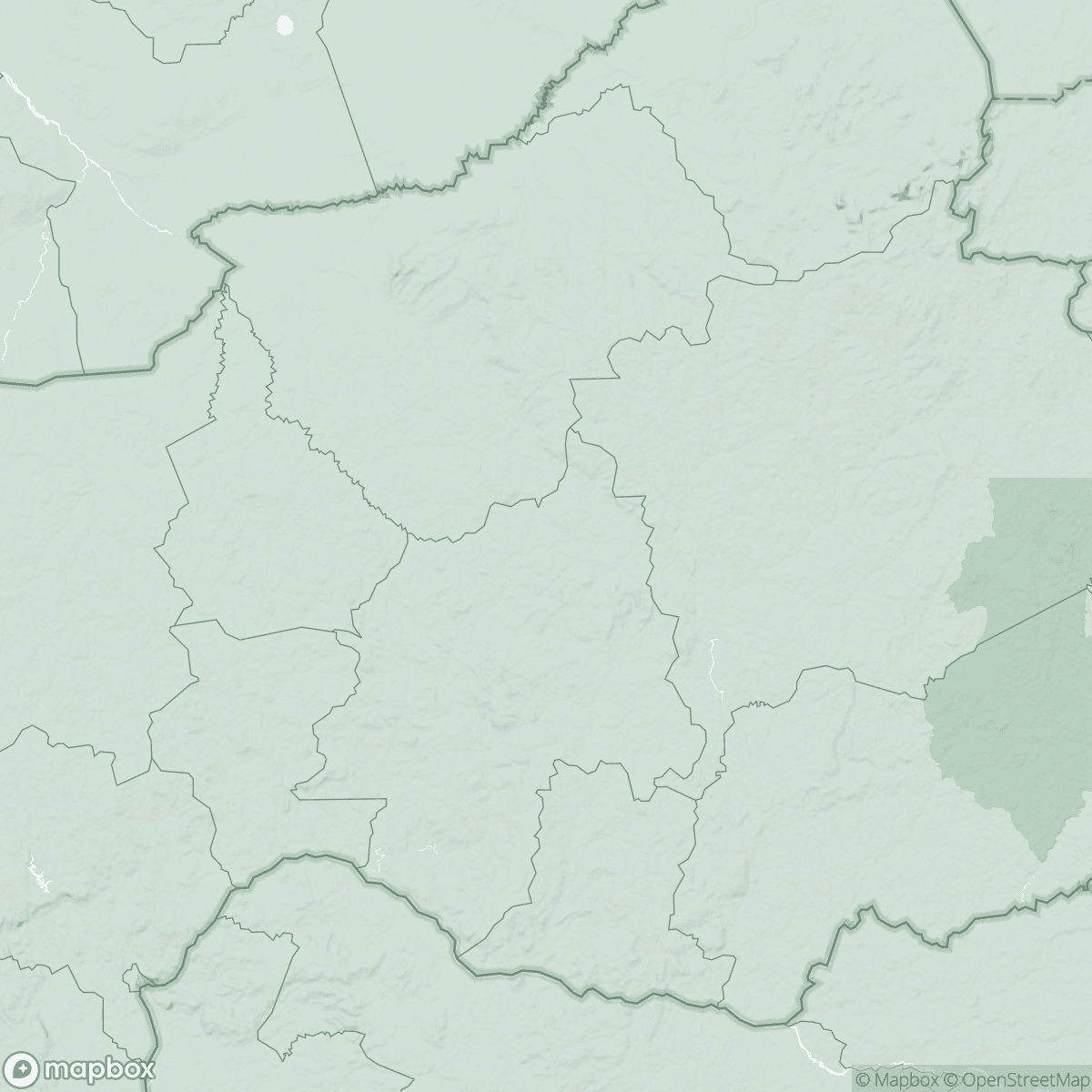
Central African Republic: raising awareness and preventing malnutrition in Bossangoa
In 1 click, help us spread this information :
According to a United Nations report, 41% of the population in the Central African Republic (CAR) is undernourished. Over the period from October 2022 to August 2023, it was estimated that almost 298,000 children aged between 0 and 59 months and over 140,600 pregnant and breastfeeding women suffered from acute malnutrition, according to figures from the IPC (Integrated Food Insecurity Classification Framework)[1] report on acute malnutrition. In the Central African Republic, the Bossangoa region is one of those particularly hard hit by malnutrition.
The consequences of chronic malnutrition in young children affect, often irreversibly, their metabolism and immune system, leading to stunted growth and greater vulnerability to disease."
explains Emma Augustine Zoba, MSF's deputy medical coordinator in CAR
The first form of malnutrition, acute malnutrition, sets in quickly and, if not treated immediately, can lead to death. In response to this major challenge in Bossangoa, Médecins Sans Frontières (MSF), present in support of the Ministry of Health and Population, has set up a malnutrition prevention program in the regional hospital. Health promotion teams are working to raise awareness among patients and carers, providing information on the risks of malnutrition and how to prevent it and reduce its symptoms through good dietary practices.
Prevention as a key factor
Raising awareness is key to fighting malnutrition. In response to the high number of cases of malnutrition in Bossangoa, MSF organizes culinary workshops twice a week at the hospital. All patients and carers are invited to participate and help prepare the meal, which will be shared among participants.
The best way to raise awareness is to get people involved! On the day [of the workshop], around ten people attended, the vast majority of them mothers with their babies. We cover the essentials, such as food preservation, how to maintain the nutritional value of products before, during and after cooking, and how to use harvested produce. We also train mothers to spot the first signs of malnutrition in children, and the importance of feeding them during their first three years."
says Angela Senendo, the nutrition assistant who runs the culinary workshop
[1] https://reliefweb.int/report/central-african-republic/republique-centrafricaine-analyse-de-la-malnutrition-aigue-de-lipc-octobre-2022-aout-2023-publie-le-25-janvier-2023
Ensuring follow-up care
Access to healthcare remains a daily challenge for populations further away from hospitals. Reasons why patients are reluctant to go to hospital include transport costs, road conditions and insecurity. Even if a patient arrives at the hospital the first time, in most cases the patient or his or her family will not be able to return.
To guarantee access to care for patients, MSF covers the cost of patient transport, as well as the distribution of meals to accompanying families. The hospital cooks prepare three meals a day. Without this arrangement, a patient's prolonged hospitalization would put the family in difficulty. This financial support enables patients to receive all the care they need, regardless of the length of their treatment or recovery."
emphasizes Dr. Mahamadou Coulibaly, MSF doctor at Bossangoa regional hospital

Since their introduction, the hospital has witnessed a drastic drop in the number of patients stopping their treatment. Non-compliance with treatment is a recurring problem, even though it's not a matter of patient choice, but rather of the external and economic context."
continues Dr. Coulibaly
For each awareness-raising session, the relais also carry out systematic screening of malnourished children aged 6 months to 4 years. All those who are malnourished are referred for outpatient or hospital medical care, depending on the child's degree of malnutrition. Timely access to care helps reduce the complications associated with malnutrition.
In this context, where access to care is a challenge for communities affected by malnutrition, being able to take care of the needs expressed by families makes all the difference.





